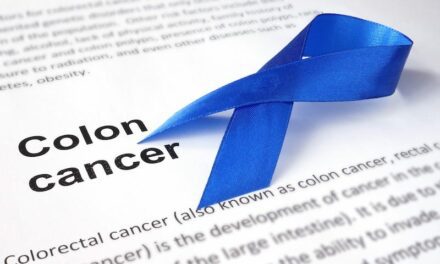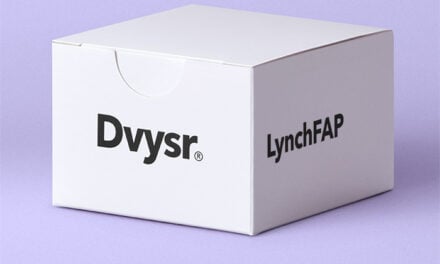Summary: Mainz Biomed is collaborating with Quest Diagnostics to support the commercialization and FDA validation of a stool-based DNA test designed for early colorectal cancer detection.
Takeaways:
- Innovative Cancer Screening: Mainz Biomed’s ColoAlert test uses stool-based PCR technology to detect colorectal cancer DNA mutations, offering a non-invasive option with promising sensitivity and specificity.
- Quest Diagnostics Partnership: Quest will provide laboratory services for the ReconAAsense study, involving 15,000 participants, and may gain semi-exclusive testing rights post-FDA approval.
- Market Opportunity: With colorectal cancer screening rates lagging and a $4B+ market opportunity in the U.S., ColoAlert could help close the gap in early detection and improve patient outcomes globally.
Mainz Biomed, a molecular genetics diagnostic company specializing in the early detection of cancer, announced an agreement with Quest Diagnostics to support the commercialization of Mainz Biomed’s screening test for colorectal cancer.
Commercialization of the ColoAlert Test
Mainz Biomed’s stool-based ColoAlert test is designed to detect colorectal cancer tumor DNA to aid in identifying colorectal cancer in early stages. Through polymerase chain reaction (PCR) technology, a small sample of DNA can be examined through a patient’s stool sample to identify genetic mutations that may lead to a cancer diagnosis.
Mainz Biomed’s ColoAlert test has shown promising sensitivity and specificity in identifying colorectal cancer, including advanced adenomas, in preliminary data.
How Quest Diagnostics Will Support
Quest will provide clinical trial laboratory services for Mainz Biomeds’s ReconAAsense study, a prospective clinical study that will include approximately 15,000 subjects from 150 sites across the United States to develop data supporting FDA validation of the NextGen test. In addition, Mainz Biomed will provide Quest with the option to exercise semi-exclusive rights to provide testing services based on the test kit for an eighteen-month period, assuming its approval by the FDA.
Impact of Colorectal Cancer
Colorectal cancer (CRC) is the third most common cancer globally, with more than 1.9 million new cases reported in 2020, according to World Cancer Research Fund. The US Preventive Services Task Force recommends that screening with stool DNA-FIT (sDNA-FIT) tests should be conducted once every one to three years starting at age 45. Roughly one-third of US residents aged 50-75 have never been screened for colon cancer. This gap in screening represents a $4.0B+ total market opportunity in the US. Offering alternative screening modalities, such as sDNA-FIT, may help bridge this gap.
“We are excited by the opportunity to work with Quest Diagnostics,” says Guido Baechler, chief executive officer of Mainz Biomed. “Quest is a leader in cancer diagnostics and knows how to scale these innovations to make them broadly accessible to patients in need. With their support, we are positioned to advance commercial development of our ColoAlert test in order to help more patients gain access to quality screening.”





